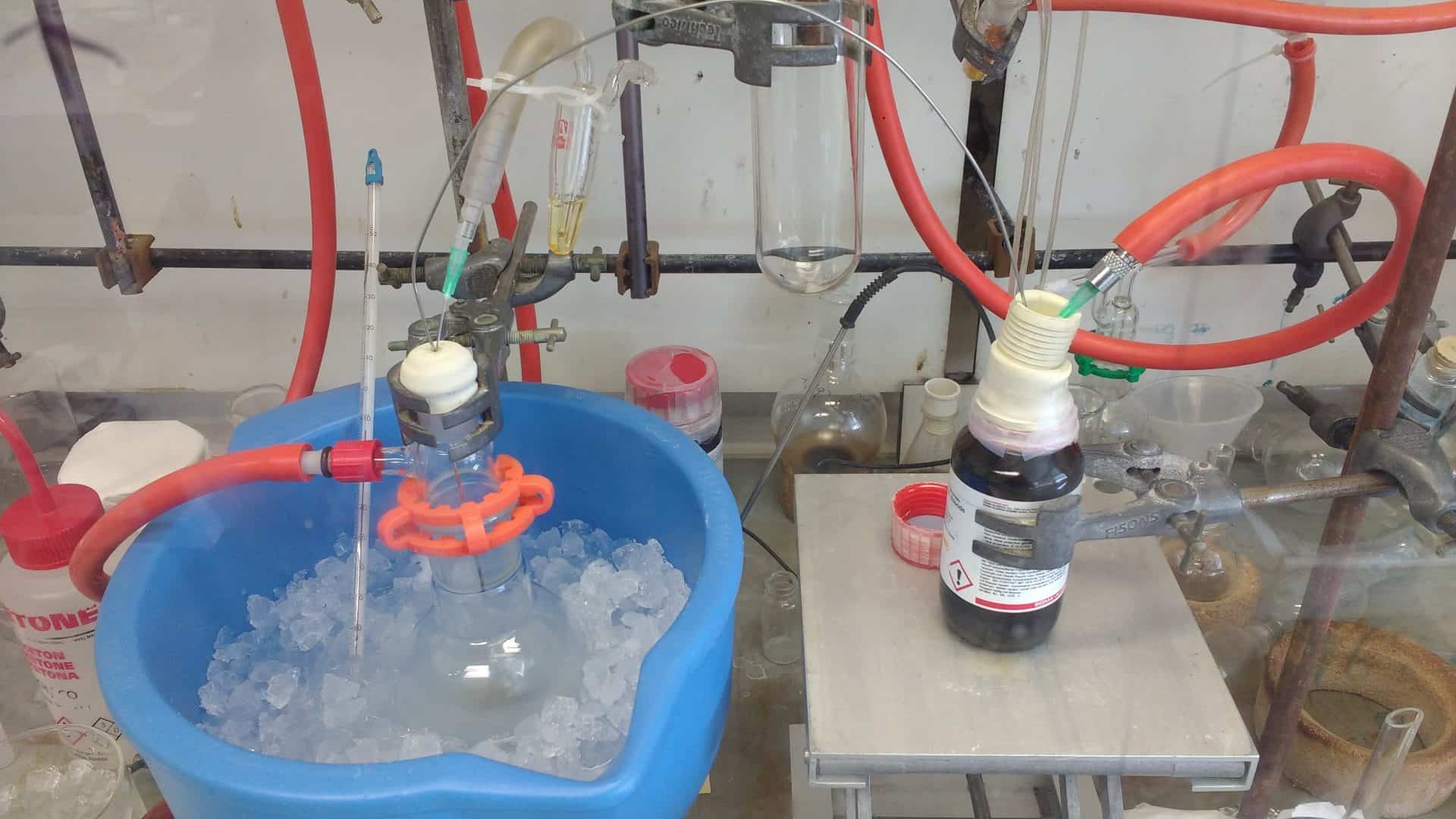Tom Hall explains how he juggled his PhD studies with the Olympic squad's rigorous training schedule.

Continuing on from our Improve Your Game article highlighting the personal sacrifices faced by athletes on our national archery squads, we caught up with Tom Hall to find out how he juggled university studies with the Olympic squad's training schedule.
Â"In 2018 I graduated after nine years at university with a PhD in Chemistry, while shooting my way into the GB senior national team. I've been asked how I managed to combine both, so here are some short lessons I've learned from the front lines of academia and sport!
Time management
Â"My priority was to get the minimum done on a weekly basis. For me that was 4-5 shooting sessions, 1-2 gym sessions fitted roughly around a 9-5 day in the lab. That meant I (usually) got enough research done to keep my supervisor off my back, while training enough to improve over time.
Â"Quality over quantity was another focus. Taking breaks to keep my brain focused helped me maximise my productive ‘time-on-task'. On campus, going for a 20-minute walk would help me figure out the next ideas for experiments. In training, sitting out for a couple of ends when my concentration faded let me get back the quality when I started again.
[caption id="attachment_23948" align="alignnone" width="225"] Above and top: Tom shooting at the National Tour Final at Lilleshall in September[/caption]
Â"Session timing was important too. I liked to keep them between 90 and 150 minutes. That was just enough time to bed in some technique work, or score a round with warm up and cool down included. I'd much prefer two shorter sessions on separate days than one long one.
Â"Finally I had to accept not having control sometimes. Especially with lab work, an experiment that was meant to take two hours could sometimes take six. It did mean the occasional late shift working into the evening, which could get pretty frustrating. I tried to reframe it as a choice I made rather than something forced on me. I had to be flexible enough to rearrange training for the rest of the week, or even write it off on the worst days. To compensate, I did try to keep some training sessions ‘sacred', and do them in the morning before any lab work.
[caption id="attachment_23949" align="alignnone" width="300"] One of Tom's many university experiments[/caption]
Managing expectations
Â"If I'd started my PhD trying to think about getting enough work done to write up, and getting good enough to shoot for GB as well, I probably would have quit! The tasks were manageable only by breaking them down. In the lab I just tried to think of the experiments I could do that week. I had to trust that eventually enough stuff would work that I'd get a thesis out of it one day. I only really knew I'd done enough in the last year out of the four! In training, I just tried to be better than last season. My aim was to improve my technique, get a bit stronger and shoot a higher score in competitions. I always tried to go out of my comfort zone and tried to find competitions with people better than me, so I could learn from them. It helped that I'm really motivated by getting things done efficiently.
Â"I'm not a perfectionist in the usual sense, but I hate wasted effort. So in training I was always dissecting possible exercises and drills trying to figure out the WHY and the WHAT. Then I could then just pick out the stuff that was most useful for me and save effort on the rest. In the lab, I would rather spend lots of time planning and researching one experiment, than try ten different ones all at once and see which worked. I did get some pressure from my supervisor/coach from time to time, with them asking me to Â"just do more”. But I think that search for knowledge and the right way to do it is what kept me going, and it's persistence over the long term that matters.
Â"Ultimately, a lot of this stuff is unique to me and how I think, so it won't all apply to anyone else. But I do think it shows that it can be done, so if there's anyone out there trying to decide between study and shooting at a high level right now... why not try both? At the least, you'll learn something about yourself.”